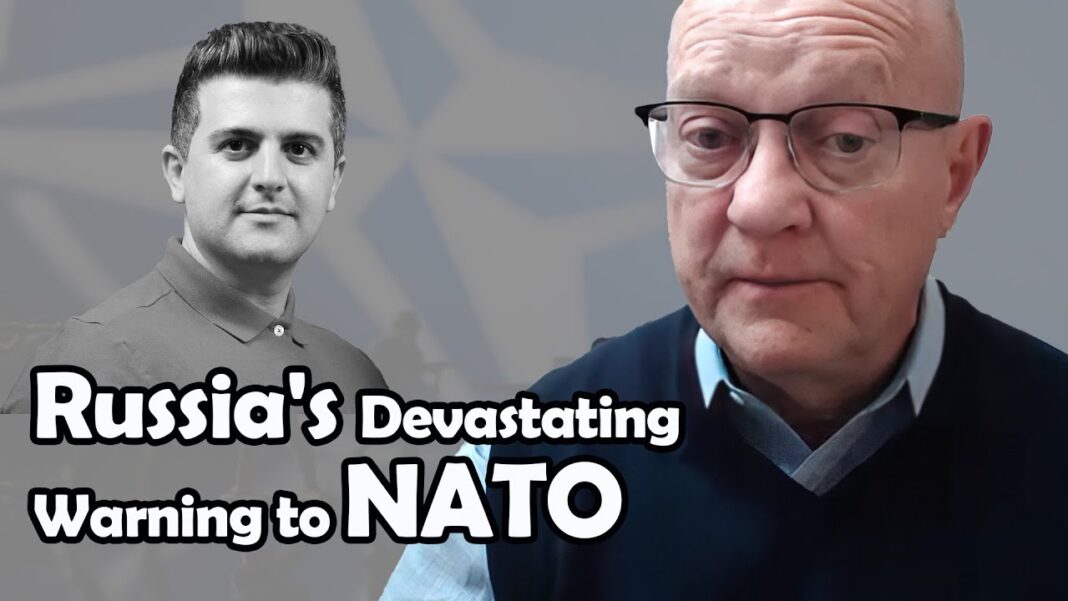OK. This is the headline from euro news in Brussels; it is but five days since the atrocities committed by Hamas were perpetrated against the people of and guests within the Jewish state:
“October 12, 2023 – Israel has the right to defend itself, but some of its actions since Hamas’ unprecedented assault on Saturday “counter” international humanitarian law, the EU’s top diplomat Josep Borrell said on Tuesday evening. … Speaking to reporters following an extraordinary meeting of EU foreign ministers ….”
I have often considered most of the meetings of the EU to be “extraordinary,” given the vacuous comments and inane promulgations often forthcoming from such august colloquia. But that is an issue for another essay.
You will no doubt already have heard the above familiar (and safe) refrain a multitude of times unless you have been incommunicado somewhere north of the arctic circle and your short wave hasn’t been working for 6 months.
The news is full of political pontificates on both sides of the political divide trying to be the first and most vocal (perhaps persistent) to have their “two cents” worth of support for Israel and the Jewish people reported by the mainstream, modern liberal media.
But give it a few months and my, how things change, especially the views of people, including those “clinched fisted” Israel supporters. The mantra is no longer Israel’s “right to defend itself.” The rhetoric becomes: Israel’s “right to defend itself, BUT” only with back-handed caveats, to which Israel must subscribe or there will be consequences–political and economic consequences from the “international community.” In other words Israel’s “close allies” (Britain, US, and the EU ala France) do not want there to be political fallout in the Middle East, because they do not want a similar backlash at home from Israel’s response, especially since these “close allies,” provided overtly or covertly economic, political and/or military support to Israel in its response to the slaughter of innocent people at the hands of Hamas. But let us be clear about that support–it comes with “strings” attached. In the case of the US-Israeli foreign policy arrangement that tether has a 10-year $40 billion political “carrot” at the end of it. And that means Israel will respond to the political winds gusting from Washington not Jerusalem during times of concern in the Middle East. Thus according to DC, Israel has the right to defend itself as long as it acts in compliance with what is in the best interest of Washington and Israel’s other “close allies,” Britain and the EU through France. It seems as though the ghost of Sykes-Picot is still manifest. The political fallout at home for these countries is just a colloquial expression for several domestic issues which plague Britain and France, not the least of which is energy and therefore economic concerns of their own making as well as large restive Muslim populations. And in the US, an election in the fall of this year in which an incumbent left wing president is lagging in the polls. Every vote counts, or at least, this year, we hope so.
Certainly, to the vast majority of those who peruse the pages of this periodical, much of the above is not necessarily news. The State of Israel has been with us since 1948 and the idea of such an entity since before Balfour in 1917. Moreover, the general contours of its history are well known to most. But if one considers what is occurring today in the context of Israel’s past, a pattern emerges that is undeniable.
Since 1948 Israel has been engaged in 17 major conflicts (or wars depending on how one defines the latter). This calculus does not include the almost daily internal armed struggles with its detractors. This number is important because in each situation Israel has been either supported or otherwise by its “close allies” all because of the “prevailing winds” in the current geopolitical climate.
In some engagements circumstances were such that Israel’s “allies” helped then hindered then impeded Israel in its effort to hold on to its right to defend itself. The current conflict in Gaza is representative of this latter situation, but there have been others. And each decision made was always done in the context of the politics of the moment. I say moment because presidents, prime ministers and the vicissitudes of the political spectrum come and go–there’s an ebb and flow to politics. But with regard to the Jewish state, that hasn’t seemed to make much difference. The decisions made about and advice given to Israel regarding what the Jewish state ought to do before, during and after each of the 17 engagements it fought was the same. It begins with the same vacuous refrain: Israel has the right to defend itself, but she is always told at the incipient stages to not engage unless no other choice avails itself; once engaged be quick about it and do everything that no other military in the world would even consider doing to avoid military and civilian casualties; do not let the fact that you are being attacked and that your population is at risk or being injured or killed influence your decisions with regard to any military response. And finally, at some point, if the engagement has not been completed within the timeframe agreeable to Israel’s “close allies,” the Jewish military must stop (irrespective of whether it has accomplished its military objective) because of the political imperatives warranted by these “allies.”
The above pattern of Israel responding under duress to the caprice of her “allies,” prevailed during each of her engagements from 1948 to 2024. There were, of course, some differences regarding which ally or which ones were more emphatic in their caution or demands, but always with their own political agendas at the time driving Israel’s decisions because they bind Israel’s choices to only limited options. And lest we forget, one way or another the issues influencing the actions of Israel’s “allies” during the above conflicts, including Gaza, are a function of Sykes-Picot of 1916 which permanently altered the geopolitical schema of the Middle East. And this has been true much to the detriment of the peoples of the region, then and now.
Yet, today, even in the face of the Hamas atrocities in October of last year, Israel remains circumscribed by its “allies” to the degree that it is urged to defeat an enemy, but without civilian casualties or significantly disrupting infrastructure that is likely employed by the enemy for military purposes. Of course, say the “allies,” Israel always has the right to defend itself. But that is precisely the problem: Israel should not just have the right to defend itself. It has been doing that for 76 years in Judea and Samaria, Jordan, Syria, Egypt and recently in Iran, Lebanon again and Gaza again. What Israel and its “close allies” need to understand is that since no nation state under international law has the right to exist, and since Israel has already been defending its determination to exist for 76 years, it has the right to live in peace if it can achieve this. And this is where we are today in the Middle East, especially with Gaza and Hezbollah in Lebanon.
Israel’s right to live in peace is an entirely different concept–a uniquely different state of mind with profound implications about its present and future state of affairs. It no longer walks to the cadence of a foreign rhythm, but one emanating from the land of Judea and Samari–with what is in the best interest of the Jewish people of Israel at its center.
The latter was created 76 years ago for just that purpose. This by no means is an impossibility or the voice of naivety. Israel has been moving in that direction since October of last year. She has taken on the respect and, of course, the wrath of the world in her determined efforts to rid Gaza and the region of the horror of Hamas. But such actions do not embody retribution or vengeance of which she regularly stands accused in the modern liberal press; rather, the calculus is both cautious and careful so as to not respond disproportionately. Israel knows what this hole is like–she has been here before. But the accusations of disproportionate response are without merit. If Israel’s aim is to no longer merely exercise her right to defend herself (in perpetuity which has been the case for 76 years), but to defend herself, her lands and her people such that from this point forward she may live in peace, the Jewish state is pursuing a just goal in its military efforts in Gaza and Lebanon.
The pursuit of a just peace, rather than interim periods of non hostility, must continue to be the goal of Israel and the Jewish people, and it may take time to achieve. But if Israel accepts the wisdom of the text of Habakkuk in the Hebrew Scriptures to trust in the faith of God’s sovereign purpose for her, the Jewish state can live in peace and stop doing what she is expected to do–merely continue to defend herself against those that seek her demise and those who seek only what is in their own best interest, not Israel’s. If the right to live in peace is what Israel is currently pursuing with respect to Gaza, Lebanon and Iran this will, for the first time in 76 years, be perhaps the first time a real chance for a just peace is actually upon her. Perhaps, Israel will become…
…master of her own consciousness
and slave to no other’s.







